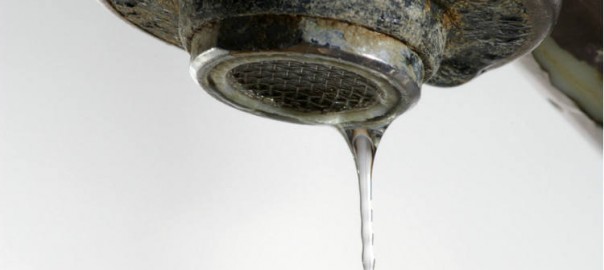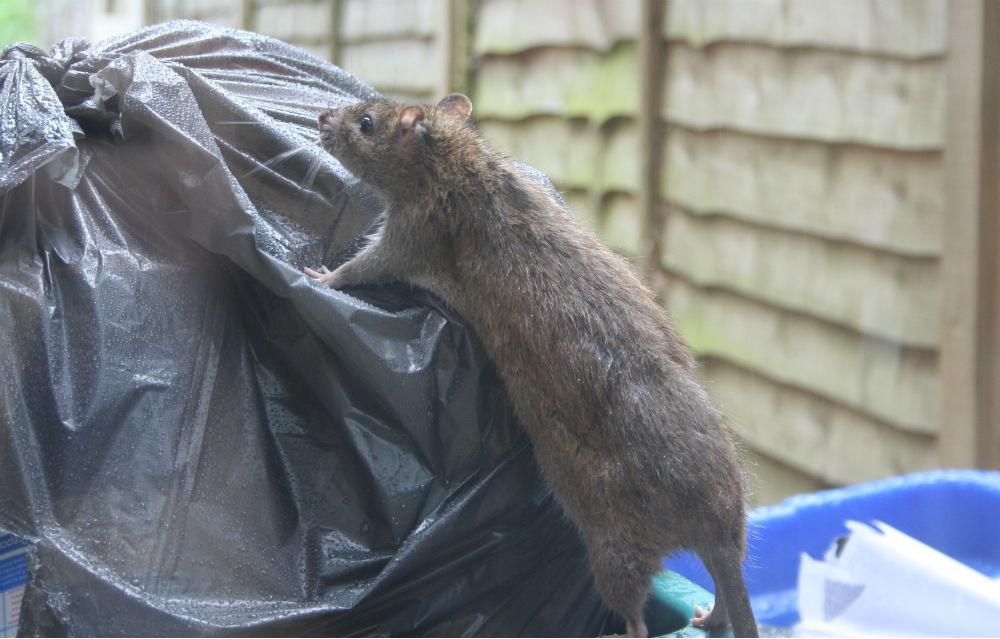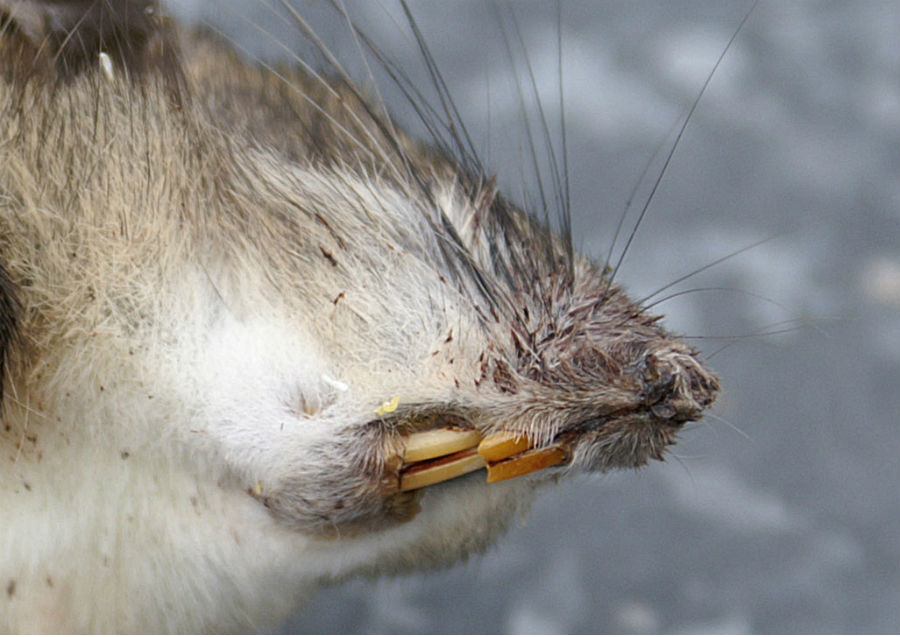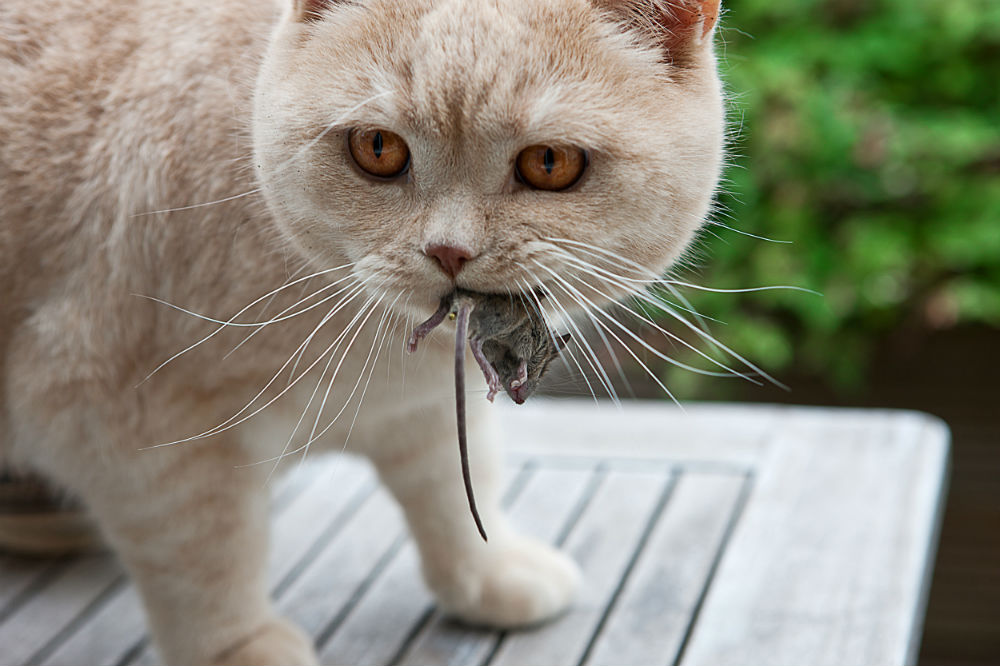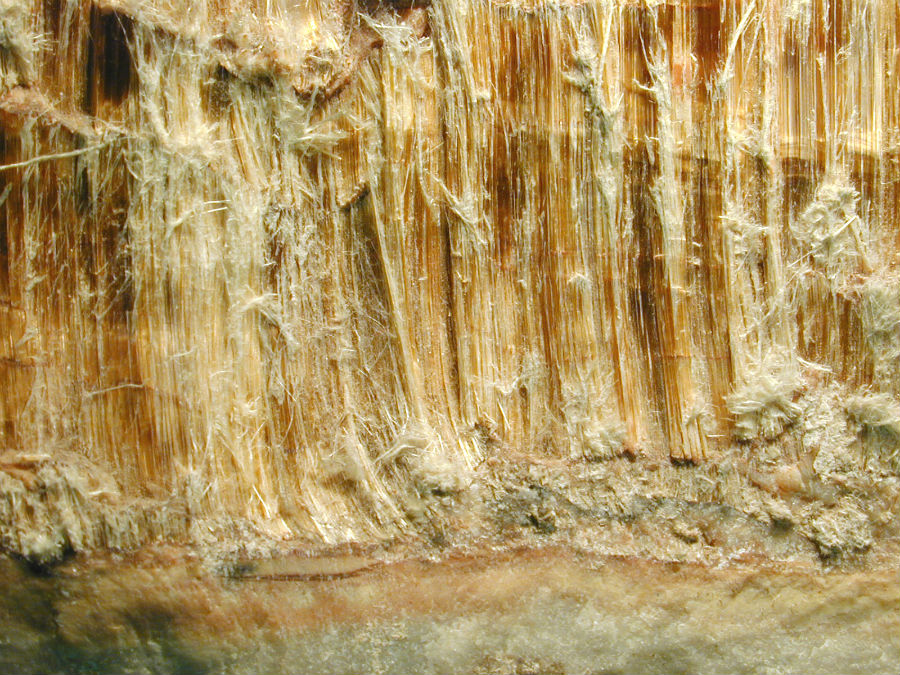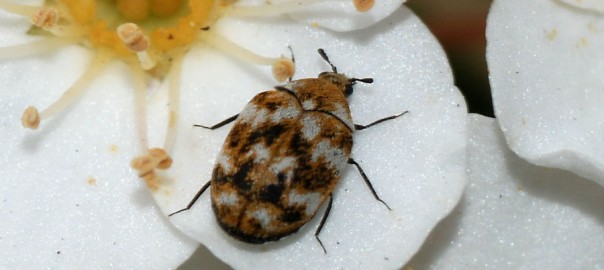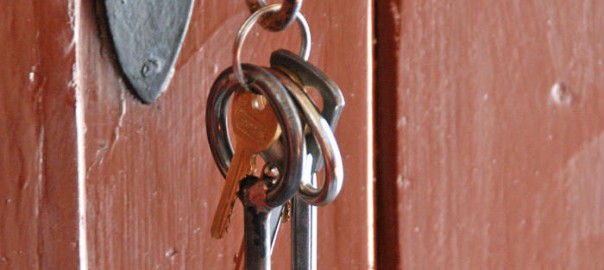What is hard water?
Hard water refers to water which has gathered a large level of dissolved minerals as it passes through limestone deposits (calcium and magnesium are the most common). Harder water is usually found in wells and rural areas, and is measured by the amount of limestone minerals in it.
Contrary to some sources, hard water is not harmful, and drinking hard water over a long period of time will not prove detrimental to your health. It can, however, cause damage to your home, as well as the appliances and materials within your home. Long term effects include:
- Damage to your plumbing system, as it forms a deposit that builds up and eventually clogs your pipes.
- Corrosive scum around your bathtub, dishwasher and washing machine.
- Sediment build-up in your water heater, which decreases its heating efficiency and life expectancy. Hard water also stops soaps and detergents from lathering your clothes, resulting in yellowy or greyed fabrics, and a quicker degradation of the fabric itself.
- Similarly, hard water may cause your hair to look/feel dull and lifeless as it lessens the effectiveness of shampoos and conditioners.
How to Fix Hard Water
If you suffer with hard water, it is recommended that you get a water softener installed into your home. These can be rather expensive, and many people find themselves either having to endure hard water or make small changes such as modifying their homes with a shower head water softener and/or using special chemicals for their laundry and dishwasher that are designed for hard water.
However, in a home which suffers from very hard water, the damage to a home’s plumbing, is inevitable – and you may have to pay a plumber far more in the long run if you choose to ignore the problem.





